Devotions this week based on The Prophets Week 7 – Habakkuk (WATCH HERE)
After hearing God’s shocking plan to use Babylon to punish Judah, Habakkuk is stunned. His mind reels with questions: How can a holy God use an unholy nation to discipline His people? “Your eyes are too pure to look on evil; You cannot tolerate wrongdoing. Why then do You tolerate the treacherous?” (1:13). Habakkuk believes in God’s justice, but using wicked Babylon seems incompatible with His character.
Have you ever been there? You know God is good, but His plan feels wrong. You trust Him, but your heart aches under the weight of His silence or events that don’t make sense. Habakkuk stands between belief and bewilderment.
Habakkuk takes his stand on the watchtower (2:1). He waits, not in anger but in expectation: “I will look to see what He will say to me.” This is faith in practice. Habakkuk brings questions to God, then waits for His answer. Like the psalmist in Psalm 130:5, “I wait for the Lord, my whole being waits, and in His word I put my hope.”
God answers, not by explaining every detail, but by revealing a truth that will shape the course of salvation history: “The righteous will live by his faith.” (2:4). It’s not the strong, clever, or successful who survive; it’s those who trust in God’s promises. This verse becomes the heartbeat of the gospel. Paul quotes it in Romans 1:17 and Galatians 3:11 to proclaim that salvation is by faith alone, not by works. The writer of Hebrews echoes it in Hebrews 10:38 as a call to persevere amid persecution.
In contrast to the righteous, the proud, “his soul is puffed up; it is not upright within him” (2:4a). The Babylonians are the epitome of pride: powerful, violent, and self-sufficient. Yet pride is not limited to empires. It dwells in every heart that says, “I can handle life on my own.” Faith, by contrast, looks upward and says, “My help comes from the Lord” (Psalm 121:2).
Faith doesn’t mean we understand everything God does. It means we trust His character when His actions are confusing. Abraham didn’t understand how God could promise descendants and then ask for Isaac’s life. But “Abraham believed God, and it was credited to him as righteousness” (Genesis 15:6). Faith means walking in trust before the evidence is clear.
When the Apostle Paul rediscovered this verse, it shattered the chains of guilt and fear that bound him. He realized righteousness is not earned — it’s received through faith in Christ. God’s justice that once terrified him became his comfort. Through Christ, the wrath that Habakkuk foresaw fell not on us, but on the Savior who bore our sin.
Faith is not passive; it’s a steady leaning into God’s promises when sight fails. “We walk by faith, not by sight” (2 Corinthians 5:7). The proud look inward and fall. The faithful look upward and live.
Apply: Faith means trusting that even when you cannot control your outcomes, God’s Word and promises remain true. Living by faith means choosing grace when the other fails, forgiveness when hurt, and prayer when you can’t fix everything. Faith means living counterculturally — not chasing pride, image, or control, but trusting that your identity in Christ defines you more than achievements ever could.
Prayer: Lord, You are holy and just, yet Your ways are often beyond our understanding. When we are confused, teach us to trust You more deeply. Help us to live by faith — not by what we see, but by who You are. When we stumble, remind us that our righteousness is found in Christ alone. Give us courage to wait on You, and peace to rest in Your promises. Amen.
